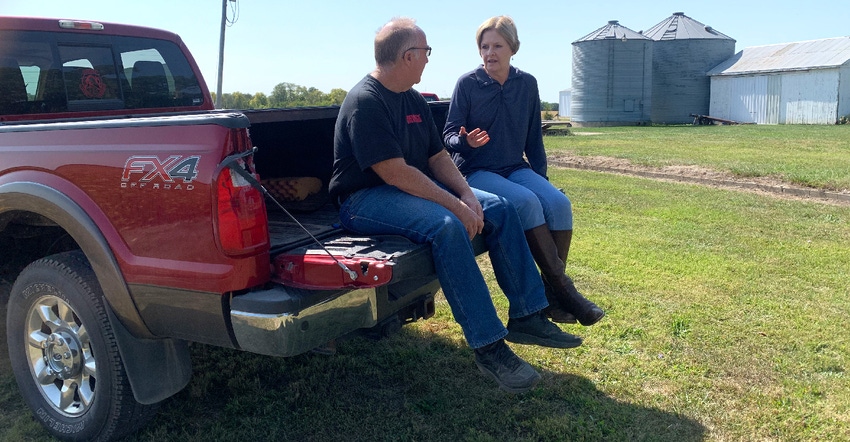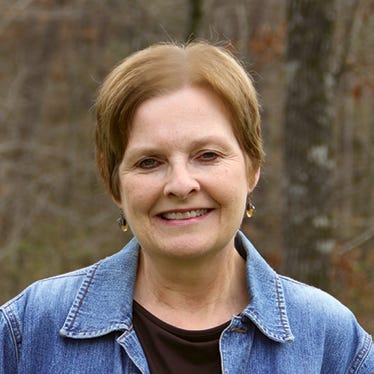December 4, 2020

My dad, a fourth-generation Illinois farmer, possessed the gift of gab. He was as comfortable swapping stories across a fence as prodding a member of Congress during a trip to Washington to discuss issues affecting agriculture.
Dad’s penchant for connecting with people rubbed off on me. I was three-plus decades into a career teaching writing to college students when Dad’s passing landed me in another role requiring effective sharing of ideas: managing our family’s farm from 600 miles away.
I was reminded of the effortlessness with which Dad conversed when one of our farm operators, Fritz, invited me over to the roadside he’d been mowing during my visit to Illinois in August.
“I’ve got an idea for one of your columns,” Fritz interjected, as the two of us chatted about the crops and other news while swatting away the sweat bees swarming around our heads.
“I think you should write about communication between landowners and farm operators,” he said. “Too many people who’ve moved away from the farm, or never lived here in the first place, have forgotten how to do what we’re doing, just talk.”
Excellent pitch, Fritz. Here you go:
Schedule strategically. On the farm, days center on getting things done. Words need to fit into the grooves between or alongside activities, whether milking cows, baling hay or lining up to unload beans at the elevator.
Requesting a meeting with a farmer at 7 p.m. on a Wednesday during planting season is less than ideal — especially when a storm is predicted to sweep in overnight and rob said farmer of the next few days of work.
Understand the stakes. Successful communicators grasp the stakes their audience has in a conversation — what they have to win or lose. I first learned this lesson from Dad. As his days on Earth grew short, Dad encouraged me to remember how the men tending our soil contemplate their ties to the land. Farming is more than a job.
Fritz echoed the sentiment when he told me, “This farm is a part of my family. Chris, the boys and I have been here to witness progress and to suffer the consequences of bad weather and falling prices.”
Keep it open, honest and real. The best dialogues are those that occur on even ground, both in the agenda that’s set and the configuration of folks sitting around the table.
Fritz prefers exchanges that take place between “open minds in an open space,” offering an opportunity for every participant to “bring up anything, big or small,” that more formal encounters can push to the margins.
“Sure, you can send me a spreadsheet if you want,” he continued, shaking his head in hesitation as he spoke, “but I want to be able to mention the little things — the patch in the southeast corner of the field where the terraces don’t seem to be doing the job, or the spike in deer this season eating away at the crops.” It’s too easy, Fritz suggested, for those details to “fall through the cracks” when a meeting begins and ends with a spreadsheet or revolves around maintaining enough bandwidth to connect on Zoom.
“I just want to converse one on one, you and me,” he concluded.
Tired of flicking away sweat bees, Fritz and I migrated toward his pickup, lowered the tailgate and carried on talking.
Ryan is a farmer’s daughter from Clinton, Ill., and a professor at the University of Alabama at Birmingham. Following her father’s death and mother’s relocation to her Alabama home, Ryan manages the family farm from afar. The opinions of this writer are not necessarily those of Farm Progress/Informa.
About the Author(s)
You May Also Like






